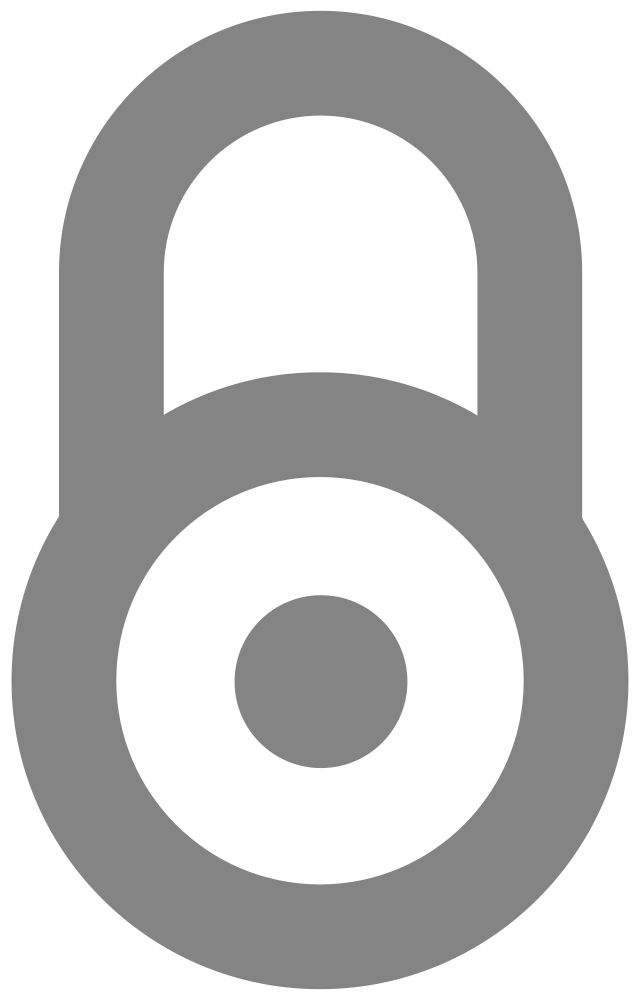| Abstract |
Previous research suggests that vetoes can be politically costly for the president. To date, however, these inferences have been made based on either descriptive or aggregate-level data. While prior work demonstrates a correlation between vetoes and evaluations of the president, they have not explored how the public evaluates or responds to veto politics. We seek to address this gap through an original survey experiment that assesses how the public responds to the heightened interbranch conflict that surrounds a veto. Our results indicate that although a veto can cast the president in a negative light for some, there are conditions under which Congress' decision to pass legislation it knows the president would veto can backfire. Citizens who are informed that Congress provoked a veto and those who are more politically knowledgeable are more likely to blame Congress for the legislation's failure, even after controlling for partisanship and approval. |
| Authors |
Ryan D. Williamson   , Joel Sievert , Joel Sievert 
|
| Journal Info |
Taylor & Francis | Congress & the Presidency , vol: 51
, iss: 1
, pages: 81 - 102
|
| Publication Date |
2/15/2024 |
| ISSN |
0734-3469 |
Type |
article |
| Open Access |
closed

|
| DOI |
https://doi.org/10.1080/07343469.2024.2313019 |
Keywords |
Party Polarization (Score: 0.468122)
|